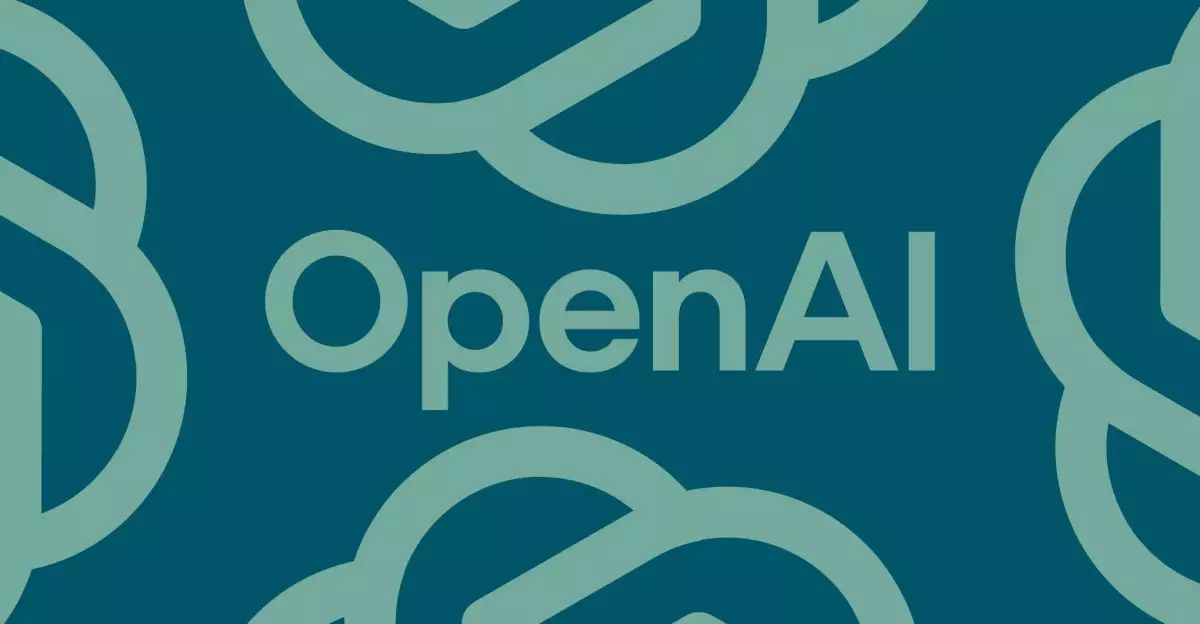In an increasingly competitive landscape for artificial intelligence, the clash between Elon Musk and OpenAI has escalated beyond mere corporate rivalry—it has merged into a full-blown legal battlefield. OpenAI has launched a countersuit against Musk, asserting that his relentless maneuvers are not only unjust but are also strategically designed to undermine the organization’s progress. This scenario raises essential questions about intent, corporate responsibility, and the ethical boundaries of business behavior in the tech industry.
OpenAI’s claims revolve around a significant allegation: that Musk’s actions amount to bad-faith tactics aimed at slowing the company’s momentum in AI development. This accusation implies not just rivalry but a concerted effort to derail potential innovations for personal gain. Such allegations force us to confront a troubling aspect of the tech world, where the line between competition and sabotage appears increasingly blurry. Are powerful figures exploiting their influence to steer market control rather than contribute positively to societal advancement?
The Context of Musk’s Movements
Musk’s initial involvement with OpenAI was marked by a vision of advancing artificial intelligence for the collective good. However, his recent legal maneuvers suggest a pivot towards more self-serving objectives. The calls to “return to its mission” hint at nostalgia for an idealistic foundation, but they also betray a potential shift toward a more self-interested pursuit of profit—a fundamental contradiction for a figure known for promoting visionary progress.
Critics, including The Verge’s editor-in-chief Nilay Patel, have openly derided Musk’s first lawsuit as “hilariously bad,” which reflects broader skepticism regarding Musk’s legal strategy. It seems that the billionaire’s attempt to wrest control over AI’s trajectory reflects an ego-driven campaign rather than a genuine effort to foster ethical and beneficial technology. The question emerges: what does it mean for someone so powerful to leverage their position against an organization that is seen as a forerunner in responsible AI?
The Implications of Continued Warfare
As the situation unfolds, the potential ramifications stretch far beyond a single lawsuit. OpenAI underscores how Musk’s purported tactics could cause tangible harm—damage that could stifle innovation and delay crucial advancements in artificial intelligence. This scenario resonates with a broader fear in the technology sector: that personal vendettas can lead to broader disruptions that impact entire industries.
The upcoming trial, slated for the spring of 2026, looms large, suggesting a prolonged period of uncertainty for both OpenAI and Musk. What does this conflict signal to the broader public? It highlights the struggle for ethical governance in an age where technology races ahead while business ethics lag behind. As the two giants clash, the ethical stakes involved in the development of AI technologies are more crucial than ever, demanding attention from both practitioners and regulators alike.
In the world of AI, stakeholder interests clash relentlessly. The outcome of Musk’s ongoing legal entanglements may serve not just to shape the trajectory for OpenAI but could ultimately set critical precedents for the tech landscape, influencing how we navigate the dual-edged sword of technological advancement and corporate responsibility.

